Musharraf has faced a lot of challenges and controversy during his tenure as Pakistan’s military dictator and president. He took power through a military coup when he was a four-star general and declared himself the chief executive, but his decision to join the US-led war on terror did not go well in Pakistan. He played a key role in the US invasion of Afghanistan, which led to the deployment of military forces in the northwest tribal border. However, his actions led to the targeting of both military and civilians by al-Qaeda-affiliated groups.
Musharraf attempted to normalize ties with India but was not successful. He also tried to remove Pakistan’s chief justice, but this resulted in a massive movement in favour of justice, which was one of the deciding factors in ending his ten-year rule. He tried to stay in power by allowing political leaders in exile to come back, but he eventually stepped down.
After five years, Musharraf announced that he would return to Pakistan to face the challenges head-on. He claimed that all the controversies surrounding him were behind him, but he still faced many charges for his actions while in office. A temporary bail prevented his arrest, but he faced many threats, just like the last Pakistani Prime Minister, Benazir Bhutto, who was assassinated within months of her return. As a military man turned politician, Musharraf had a lot to contend with as he returned to Pakistan.
Musharraf served as President of Pakistan from 2001 to 2008 and was known for his strong-handed rule. He faced numerous legal challenges during his time in office, including charges of treason, murder and corruption. Despite his scandals, he was widely regarded as a decisive and influential leader who helped modernize Pakistan and maintain stability in the face of increasing terrorism and extremism.
However, his policies were also criticized by many who saw him as undermining democracy and violating human rights. His suspension of the constitution and removal of independent judges in 2007 sparked widespread protests and criticism.
After resigning as President in 2008, Musharraf went into self-imposed exile in Dubai and later attempted to return to Pakistan, but was arrested and placed under house arrest. In 2016, he was allowed to leave the country for medical treatment.
His legacy in Pakistan remains controversial, with some remembering him as a hero who brought stability to the country, while others view him as a tyrant who undermined democracy. Regardless, his passing marks the end of an era in Pakistani politics and is a reminder of the country’s complex political history.
“America was sure to react violently, like a wounded bear,” he reported in his autobiography. “If the perpetrator turned out to be al-Qaida, then that wounded bear would come charging straight toward us.” This statement by former Pakistani President Pervez Musharraf reflects his concerns about the consequences of the 9/11 attacks for Pakistan, as the US was likely to respond with military force against the Taliban in Afghanistan, who were sheltering al-Qaeda leader Osama Bin Laden. Musharraf feared that this would bring the US military and its wrath towards Pakistan, which shares a long border with Afghanistan.
This statement refers to a conversation that took place between U.S. Secretary of State Colin Powell and Pakistani President Pervez Musharraf after the September 11th attacks in 2001. According to the Associated Press, Powell told Musharraf that Pakistan needed to choose whether to support the United States in its response to the attacks or face consequences “with us or against us”. Additionally, Musharraf claimed that another unnamed American official threatened to bomb Pakistan if it did not support the U.S. response.
General Pervez Musharraf, who was the President of Pakistan from 2001 to 2008, joined the US-led War on Terror following the September 11, 2001 attacks. During this time, Pakistan and the US had a close relationship, particularly in the intelligence sphere, which helped in the capture of Al-Qaeda leaders and other individuals. This close relationship helped the US in its efforts to combat terrorism in the region.

During former President Pervez Musharraf’s rule, Pakistan allowed NATO and U.S. forces to use its territory as a transit route for supplies to Afghanistan. At the same time, the Pakistani government tolerated U.S. attacks on suspected militants in border areas while allowing the Taliban to have sanctuary within Pakistan. This created a perception in Washington of a “double game” being played by Pakistan. This statement is referring to the foreign policy of Pakistan under the leadership of former President Pervez Musharraf. During his tenure, Pakistan tried to balance its relationship with both the United States and the Taliban while also seeking to improve relations with India. However, despite efforts to reach a peace agreement over the disputed territory of Kashmir, a final deal was never reached. Pervez Musharraf, the former President of Pakistan, explained in a 2015 interview with NPR that Pakistan’s support of the Taliban was aimed at countering India’s influence in Afghanistan. However, this support, including providing sanctuary to the Taliban in Pakistan, has been seen as a contributing factor to the Taliban’s rise to power in Afghanistan in 2021. The support for the Taliban by Pakistan has resulted in a lasting legacy of mistrust between Pakistan and the United States, often referred to as the “double game” policy, where Pakistan was seen as playing both sides of the conflict. This mistrust still exists between the two countries today. During Musharraf’s rule, another scandal came to light regarding Pakistan’s nuclear scientist, Abdul Qadeer Khan, who was found to have been selling centrifuge designs and other nuclear secrets to countries including Iran, Libya, and North Korea. This led to the development of nuclear weapons by North Korea and the continued use of Khan’s designs in Iran’s nuclear program, leaving a lasting impact on global nuclear proliferation.
Musharraf faced controversy and challenges within Pakistan, including the rise of extremism and the takeover of the Swat Valley by a local Taliban offshoot. In 2007, the situation reached a crisis point when militants seized control of a mosque in the heart of the capital, Islamabad, close to the headquarters of the powerful Inter-Services Intelligence (ISI) agency. These events highlighted the growing instability and security challenges facing the country.
Musharraf faced allegations of involvement in the assassination of former Pakistani Prime Minister Benazir Bhutto. His downfall was ultimately triggered by his decision to dismiss the Chief Justice of Pakistan’s Supreme Court, which led to a movement for the restoration of democracy. These actions contributed to his declining popularity and political downfall. In response to the growing protests, Musharraf took a hardline approach and imposed a state of emergency, censored the media, and arrested opposition politicians. This approach referred to as “doubling down”, only added to the controversy and further eroded his popularity. In 2008, under mounting pressure, Musharraf resigned from the presidency. He was later charged with treason for his imposition of emergency rule and fled Pakistan in 2016. Despite an attempted political comeback in 2012, it was unsuccessful. While in exile, his former political party announced that he was suffering from a rare disease, amyloidosis, until his death.
Pervez Musharraf was born on August 11, 1943, in New Delhi, India, to a diplomat’s family. After the partition of India in 1947, he fled with other Muslims to the newly established state of Pakistan. He joined the army at the age of 18 and had a successful military career, participating in Pakistan’s three wars with India. In 1999, just before becoming the President of Pakistan, he led an unsuccessful attempt to seize a portion of the disputed region of Kashmir in the Himalayas.
Despite the controversy surrounding Musharraf’s rule, some argue that he was effective in promoting economic growth and maintaining the country’s strategic importance. General Musharraf indeed made some reforms to increase women’s rights in Pakistan during his time as leader, including changes to the Islamic rape law, but his legacy remains controversial. While some see him as a progressive leader who worked to empower women, others criticize him for his authoritarian rule and human rights abuses. Ultimately, how he will be remembered will depend on one’s political and ideological perspectives. As a former special forces commando, he was the last military dictator to rule Pakistan. Despite this, the military continues to be the most powerful institution in the country, and critics assert that its generals still exert significant influence over the civilian government, although it is now more subtly done.
*In remembrance of his life, this article was written after he passed away on February 5th, 2023.

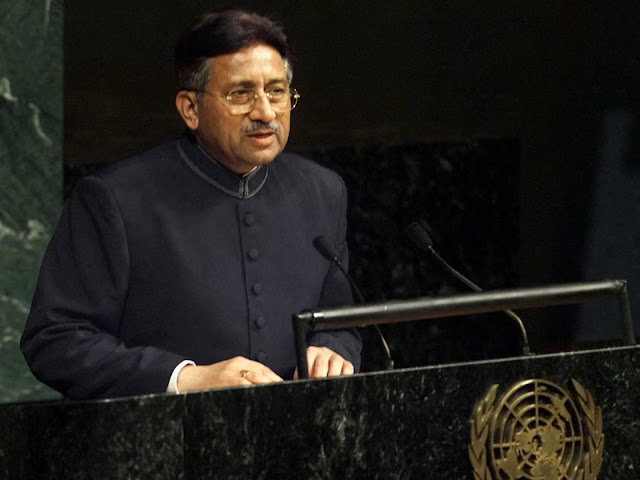
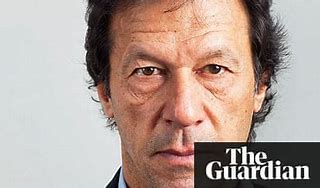

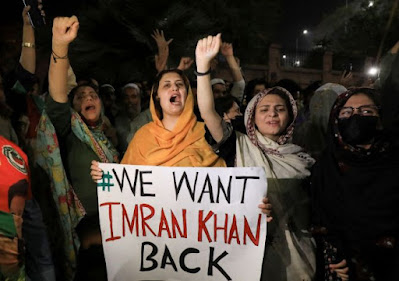
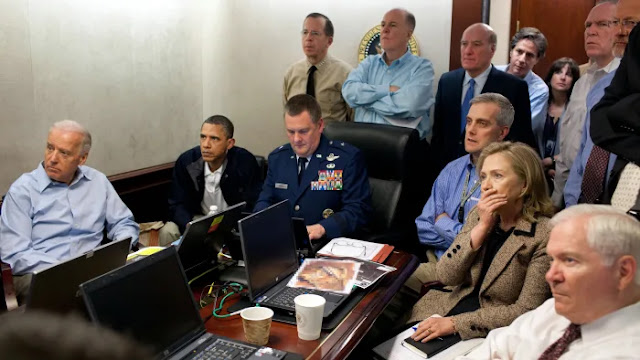
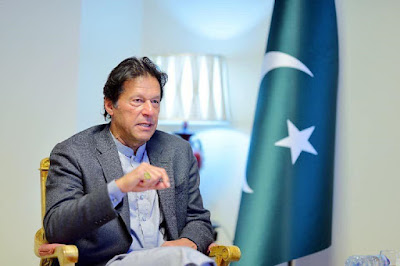
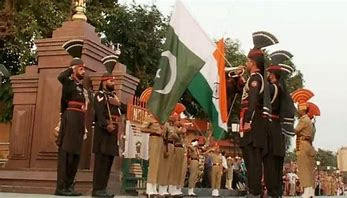
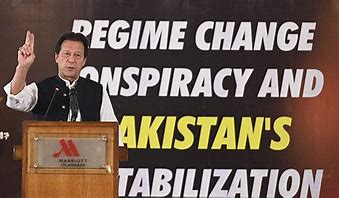

One Comment